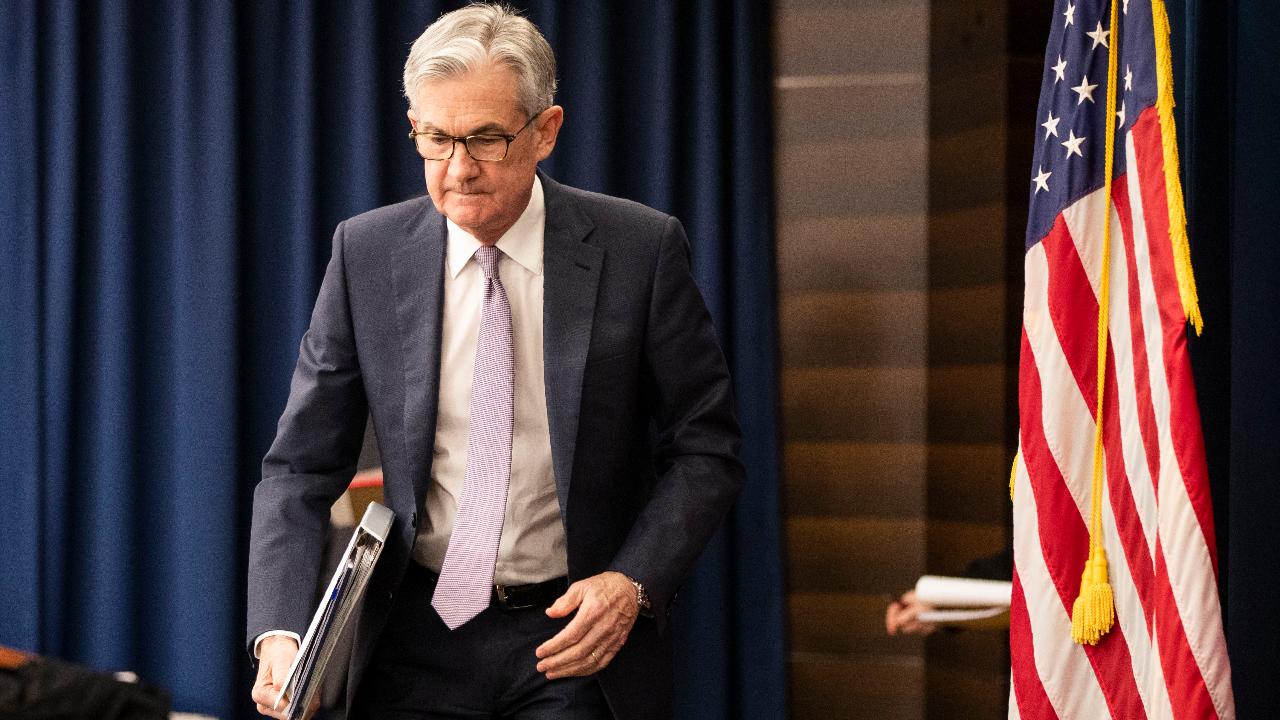Fed's Kashkari says US economy faces slow recovery from coronavirus until there's a vaccine
'I think we have to be prepared for a more gradual recovery'
Get all the latest news on coronavirus and more delivered daily to your inbox. Sign up here.
The U.S. economy faces a slow recovery from the coronavirus pandemic without an effective vaccine or treatment for the disease, Minneapolis Federal Reserve Bank President Neel Kashkari said Thursday.
"I think we have to prepare for a more gradual recovery while we hope for that quicker rebound," Kashkari said during an interview on NBC's "Today" show.
Kashkari is a voting member of the rate-setting Federal Open Market Committee this year.
FED'S POWELL SAYS US ECONOMY MAY NEED MORE SUPPORT FOR RECOVERY TO BE 'ROBUST'
Even as some states move to roll back the strict stay-at-home measures they adopted earlier this year to mitigate the spread of COVID-19, Kashkari said social distancing will likely continue to hamper businesses until a vaccine is widely available.
"Take movie theaters," he said. "When are we all going to feel safe to go sit in a crowded movie theater with a couple other hundred strangers around us? It's hard for me to see that. I like to go to movies. I doubt I'm going to go back to a movie until we actually have a vaccine or therapy."
And while some businesses are able to more easily adapt to social distancing guidelines, Kashkari said the lack of customers could hurt their bottom lines, pointing to restaurants that have proposed seating customers at every other table.
FED PLEDGES AGGRESSIVE ACTION TO SUPPORT US ECONOMY
"I don't know how many restaurants can make ends meet if they are serving half as many customers," he said. "Unfortunately, the recovery looks like it's going to be slow."
The U.S. central bank has responded to the crisis by unleashing its full firepower to support the economy, including slashing interest rates to near-zero, purchasing an unlimited amount of Treasurys (a practice known as quantitative easing) and launching crisis-era lending facilities to ensure that credit flows to households and businesses.
During the FOMC's April rate-setting meeting last week, policymakers pledged that interest rates will remain near zero until the U.S. has weathered the crisis.
TRUMP PREDICTS 'INCREDIBLY STRONG' FOURTH QUARTER
"The ongoing public health crisis will weigh heavily on economic activity, employment, and inflation in the near term, and poses considerable risks to the economic outlook over the medium term," the FOMC said in its statement.
Unemployment has surged in the U.S. over the past seven weeks as the economy essentially came to a grinding halt. In the past six weeks, more than 30 million Americans have filed for unemployment benefits, a rate not seen since the Great Depression.
Economists have forecast a sharp contraction in GDP in the second quarter, including Fed Chairman Jerome Powell, who acknowledged that there may be an "unprecedented" drop in the second quarter.




















